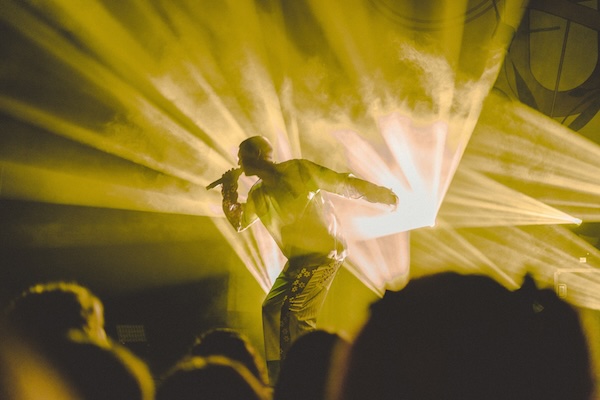In the ever-evolving landscape of rap culture, the digital age has ushered in new dimensions of influence. While beats, bars, and bravado have traditionally defined the genre, today, the influence extends far beyond music. Online entertainment platforms, particularly gaming, have subtly woven themselves into the cultural fabric of hip-hop, shaping its aesthetics, themes, and even the lifestyles of its artists and fans.
Rap’s symbiotic relationship with technology is not new. From MySpace’s role in launching careers to TikTok’s virality propelling new hits, the genre has always embraced digital innovation. Yet, the relationship between rap and gaming culture, especially when it comes to online slot games, has been an understated but fascinating evolution. Online casinos, with their flashy visuals, pulse-pounding soundtracks, and high-stakes energy, mirror the very essence of hip-hop: bold, unapologetic, and always seeking the next big thrill.
The connection often begins with aesthetics. The visual language of online gaming, bright lights, neon colours, and over-the-top designs share common ground with the opulent imagery in rap videos. Think of the spinning reels of an online slot machine adorned with stacks of cash, gold chains, or luxury cars; now, think of a rap video featuring similar symbols of excess and aspiration. The overlap isn’t coincidental; both industries thrive on captivating audiences with aspirational imagery.
Artists themselves are increasingly vocal about their love of gaming. Rappers like Logic and T-Pain have streamed gameplay sessions online, cultivating communities of fans who share their gaming passion. Others, like Snoop Dogg, have partnered with gaming companies, further solidifying the bond between these two worlds. These collaborations blur the lines between music and gaming, creating crossover appeal that benefits both industries.
But beyond aesthetics and partnerships, gaming’s impact on rap delves deeper into the music itself. Tracks referencing gaming themes, from classic arcade culture to modern-day consoles, highlight the influence of digital escapism. The rhythmic unpredictability of slot machines, for example, echoes in the syncopated beats and unconventional flows of today’s rap. The high-stakes world of gambling serves as both a metaphor and a reality for many artists who equate their rise to fame with a risky bet that pays off.
Gaming also influences how fans engage with rap culture. Interactive experiences, such as virtual concerts or in-game performances, allow artists to reach global audiences in innovative ways. Fortnite’s live events featuring hip-hop stars exemplify this synergy. Similarly, the incorporation of rap soundtracks in popular games exposes players to new music, further cementing rap’s dominance across entertainment platforms.
Of course, this relationship isn’t without its critiques. Some argue that the glamorisation of gambling in rap perpetuates problematic narratives, especially for younger audiences. Yet, like all aspects of hip-hop, these influences reflect the complexities of the culture, including its aspirations, struggles, and constant evolution.
Ultimately, the subtle influence of online entertainment on rap culture underscores how the genre thrives by adapting to new mediums. Whether it’s a rapper streaming Call of Duty or a music video mimicking the energy of a casino floor, the interplay between these worlds is shaping the future of hip-hop. As the boundaries between music and gaming continue to blur, rap remains at the forefront, thriving in the digital revolution while staying true to its roots.

